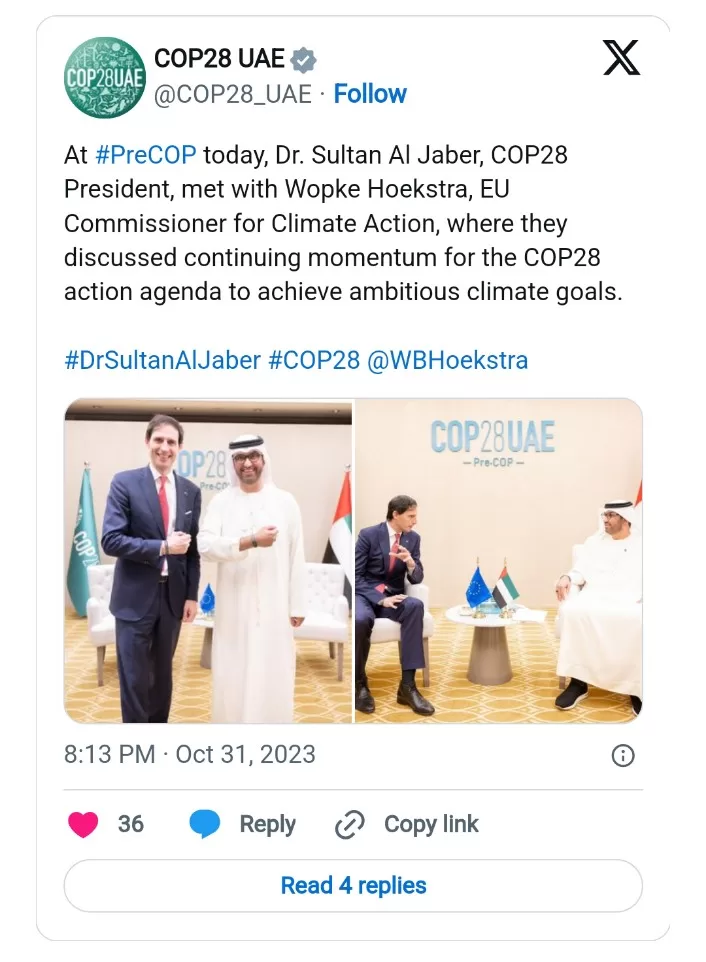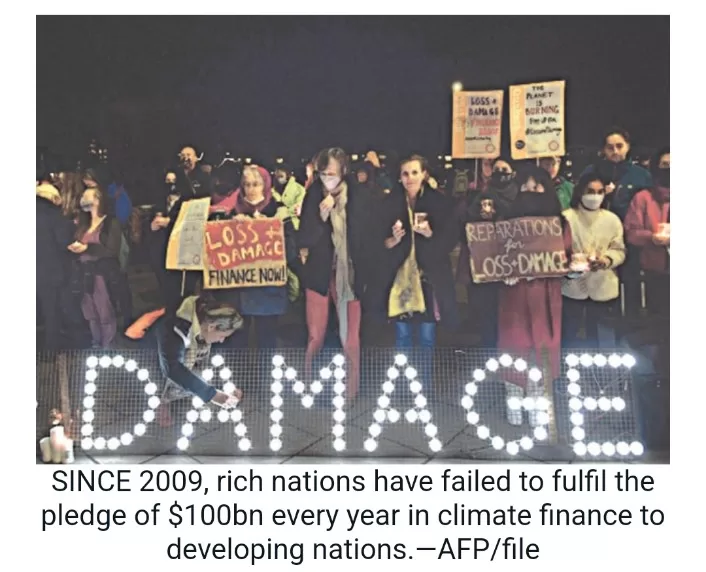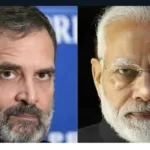Abu Dhabi— With just one month to go before the highly anticipated COP28 in Dubai, approximately 70 ministers have convened in the opulent setting of the Emirates Palace in Abu Dhabi to deliberate on crucial matters preceding the UN climate summit. The focus of these preliminary discussions revolves prominently around the establishment of a “loss and damage” fund, a pressing issue as nations gear up for intense negotiations over the future of fossil fuels.
French Energy Minister Agnes Pannier-Runacher remarked, “The main focus for the moment is clearly the loss and damage fund.” This dedicated fund, intended to assist climate-vulnerable countries in coping with the consequences of climate change, was a significant outcome of last year’s COP27 talks in Egypt. However, the intricacies of this fund, including its structure, beneficiaries, and contributors, have been deferred for further consideration.
Despite several rounds of negotiations throughout this year, key disagreements persist, particularly regarding the fund’s potential beneficiaries. One European negotiator disclosed that they were “one or two days away from an agreement” during the last round, but disputes, notably concerning China’s role, impeded progress. The United States, for instance, hesitates to contribute if China stands to benefit.
Developing nations are pressing for a comprehensive framework that delineates the fund’s operations, governance, contributors, beneficiaries, and a timeline for disbursements. Nevertheless, doubts persist about the willingness of wealthier countries to establish the fund, even through the World Bank, which some argue is “not fit for broader development issues.”
Moreover, Saudi Arabia has voiced opposition to any phrasing that expands the list of donors beyond developed nations. The fate of the loss and damage fund remains uncertain, even if these hurdles are overcome at COP28.
In addition to these challenges, the question of how much rich nations are willing to allocate remains. In 2009, they pledged to provide $100 billion in climate finance annually to developing nations but missed the 2020 deadline. Hopes persist that this goal will be met this year.
COP28 holds significant importance as it will conduct the first official assessment of global efforts to adhere to the 2015 Paris Agreement’s ambitions to limit global warming “if possible to 1.5 degrees C” above pre-industrial levels. The world has reached the threshold of 1.2 degrees C of warming, accompanied by a slew of natural disasters.
The debate surrounding the discontinuation of fossil fuels, a primary driver of global warming, has taken center stage in UN negotiations. While COP26 set a target for reducing coal usage, discussions on oil and gas have been conspicuously absent. COP28 President Sultan al-Jaber called for countries to find “common ground” regarding language on fossil fuels and renewables, but some believe it’s too early to delve into these contentious issues, fearing they could stymie negotiations before the official start of COP28.
By AFP







